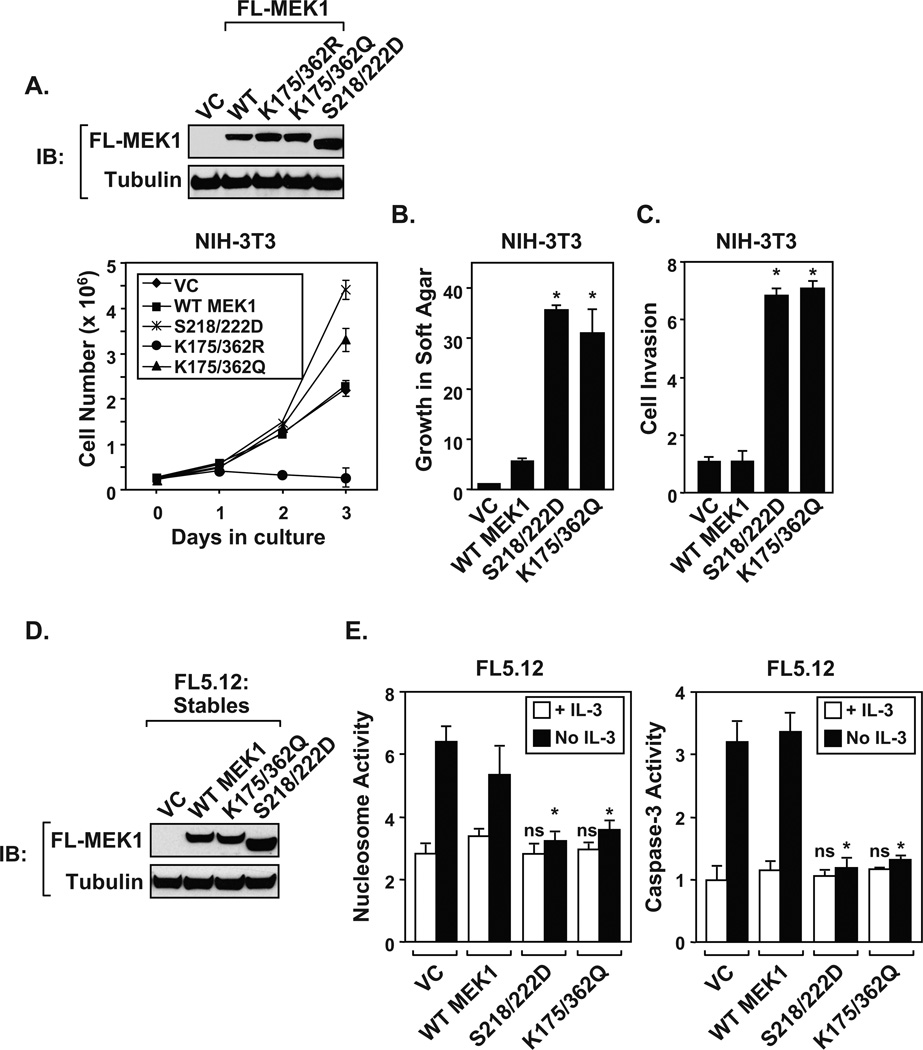Figure 4. The MEK1 acetyl-mimic promotes inappropriate growth control.
A) Immunoblots demonstrate the expression of MEK1 proteins following retroviral transduction in NIH-3T3 cells. The MEK1 acetyl-mimic promotes cell proliferation. NIH-3T3 cells were seeded at 3 × 105 cells per 6-well plate. At each time point, cells were trypsinized and viable cells counted. B) The MEK1 acetyl-mimic stimulates growth in soft agar. NIH-3T3 cells stably expressing MEK1 wild-type (WT), constitutively active (S218/222D), acetyl-mimic (K175/362Q) proteins, or vector control (VC) were assayed for growth in soft agar. The colonies (≥ 30 µm) were numerated after 4 weeks in culture. C) The MEK1 acetyl-mimic promotes invasion to a similar degree as the MEK1 phospho-mimic. NIH-3T3 cells stably expressing MEK1 (WT), constitutively active (S218/222D), or acetyl-mimic (K175/362Q) proteins were assayed for invasion through matrigel. D) Immunoblots demonstrate the stable expression of MEK1 proteins in the IL-3-depedent FL5.12 myeloid cell line. FL5.12 were maintained as described (19). F) Expression of the MEK1 acetyl-mimic overcomes apoptosis following IL-3 withdrawal. FL5.12 cells stably expressing (WT), constitutively active (S218/222D), or acetyl-mimic MEK1(K175/362Q) were cultured in either the presence (+ IL-3) or absence (No IL-3) for 16 hrs prior to harvesting for nucleosome and capase-3 assays (24). Data shown in each panel of Figure 4 are a calculated mean ± S.D, ns = not significant compared to values obtained for wild-type MEK1 (WT), *p <0.05, N = 3. The NIH3T3 and FL5.12 stable clones were created by retroviral transduction (19). NIH3T3 and FL5.12 stable clones were selected using 2.5 or 2 µg/ml puromycin (Sigma-Aldrich), respectively. Following selection and subcloning, five individual clones were pooled and used for further characterization. The following reagents were purchased: matrigel (BD Biosciences) and CytoSelect™ Soft Agar Colony Formation kit (Cell Biolabs).

